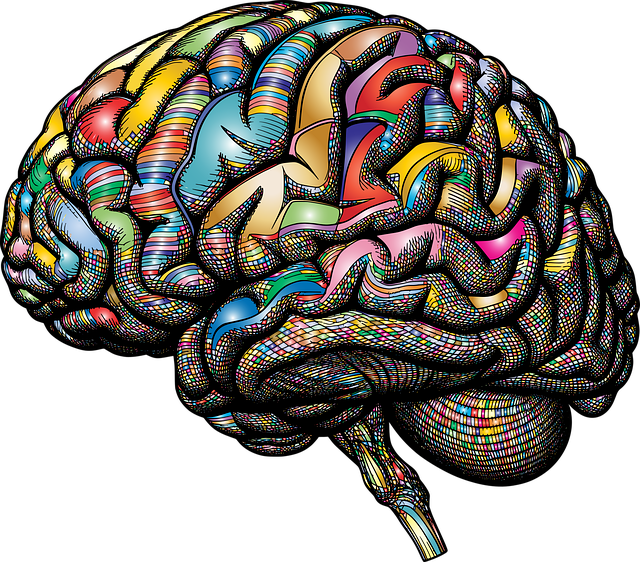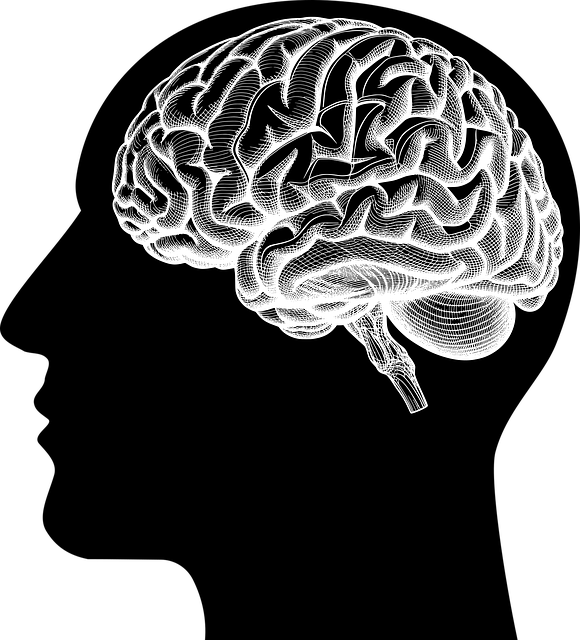Community outreach programs, including Mental Health Education and Dialectical Behavioral Therapy (DBT), play a crucial role in addressing children's mental health issues directly. DBT, originally designed for borderline personality disorder, focuses on emotion regulation, mindfulness, and interpersonal skills, empowering young people to manage emotions, improve relationships, and enhance their quality of life. Implementing these evidence-based therapies, along with engaging families through education, strengthens community resilience and benefits individual children. Measuring the success of such programs through regular assessments and long-term outcome analysis is vital for advancing mental health policies and contributing to public well-being.
Community outreach programs play a pivotal role in enhancing children’s wellbeing, offering vital support and resources to underserved populations. This article delves into the transformative power of such initiatives, with a particular focus on integrating Dialectical Behavioral Therapy (DBT) – a therapy proven effective for children. We explore strategies for successful implementation, from community engagement to measuring the program’s impact, ensuring long-lasting positive outcomes. Discover how DBT can revolutionize local outreach efforts and improve mental health support for young individuals.
- Understanding Community Outreach and its Impact on Children's Wellbeing
- Integrating Dialectical Behavioral Therapy (DBT) into Outreach Programs
- Strategies for Effective Implementation and Engagement
- Measuring Success: Evaluating the Therapy's Effectiveness in Community Settings
Understanding Community Outreach and its Impact on Children's Wellbeing

Community outreach programs play a pivotal role in enhancing children’s overall wellbeing and fostering healthy development. These initiatives aim to bring mental health support and education directly to communities, addressing potential issues at their source. By implementing well-designed programs, such as Mental Health Education Programs that incorporate Mindfulness Meditation, organizations can effectively reduce the stigma surrounding mental illness and encourage early intervention.
One powerful tool within community outreach is Dialectical Behavioral Therapy (DBT), which focuses on teaching coping skills to individuals dealing with emotional turmoil or distressing situations. DBT has been particularly effective in helping young people manage intense emotions, improve relationships, and enhance overall quality of life. Understanding these programs and their impact is crucial as we strive for a healthier and more supportive environment for children within our communities.
Integrating Dialectical Behavioral Therapy (DBT) into Outreach Programs

Integrating Dialectical Behavioral Therapy (DBT) into community outreach programs offers a promising approach to enhancing mental health support for children and adolescents. DBT, originally designed for individuals with borderline personality disorder, focuses on emotion regulation, distress tolerance, mindfulness, and interpersonal effectiveness. These skills can be incredibly beneficial for young people facing various challenges, from managing intense emotions to improving self-esteem and building healthier relationships.
By incorporating DBT into outreach programs, healthcare providers can create a more holistic and effective support system. This integration not only equips children with valuable coping mechanisms but also empowers them to navigate life’s difficulties. Moreover, it contributes to burnout prevention strategies for healthcare providers by offering evidence-based tools that promote positive outcomes in at-risk populations while mitigating the risk assessment for mental health professionals through structured interventions.
Strategies for Effective Implementation and Engagement

Implementing community outreach programs that focus on mental wellness for children requires a strategic approach to ensure maximum engagement and impact. One effective strategy is integrating Therapy for Children, specifically Dialectical Behavioral Therapy (DBT), into community initiatives. DBT has been proven to enhance inner strength development in young individuals, making it a valuable tool for these programs. By training local support networks and utilizing evidence-based communication strategies, communities can effectively reach and assist children in need.
Engaging families and caregivers is crucial to the success of these initiatives. Educating them about mental wellness and providing tools for supporting their children’s emotional health creates a supportive environment. Regular workshops and group sessions focused on communication strategies can foster open dialogue, encouraging parents to actively participate in their child’s therapy journey. This collaborative effort not only benefits individual children but also strengthens the overall resilience of the community.
Measuring Success: Evaluating the Therapy's Effectiveness in Community Settings

Measuring the success of community outreach programs, particularly those focusing on therapy for children, is a critical step in evaluating their effectiveness. The implementation of Dialectical Behavioral Therapy (DBT) within community settings offers unique advantages and challenges when assessing its impact. One way to gauge success is by tracking improvements in participants’ emotional well-being promotion techniques and self-care practices over time.
Regular assessments before, during, and after the program can reveal significant changes in children’s ability to manage emotions, regulate behaviors, and adopt healthy coping mechanisms. Moreover, examining long-term outcomes through mental health policy analysis and advocacy can provide insights into how these community outreach programs contribute to overall public health and well-being.
Community outreach programs that incorporate dialectical behavioral therapy (DBT) can significantly enhance children’s wellbeing. By integrating evidence-based practices like DBT, these initiatives effectively address emotional regulation, distress tolerance, and interpersonal effectiveness—key components of a healthy, resilient future for young individuals. Measuring success through thorough evaluations ensures the therapy’s effectiveness in community settings, allowing for continuous improvement and positive impact on the lives of children and their families.














